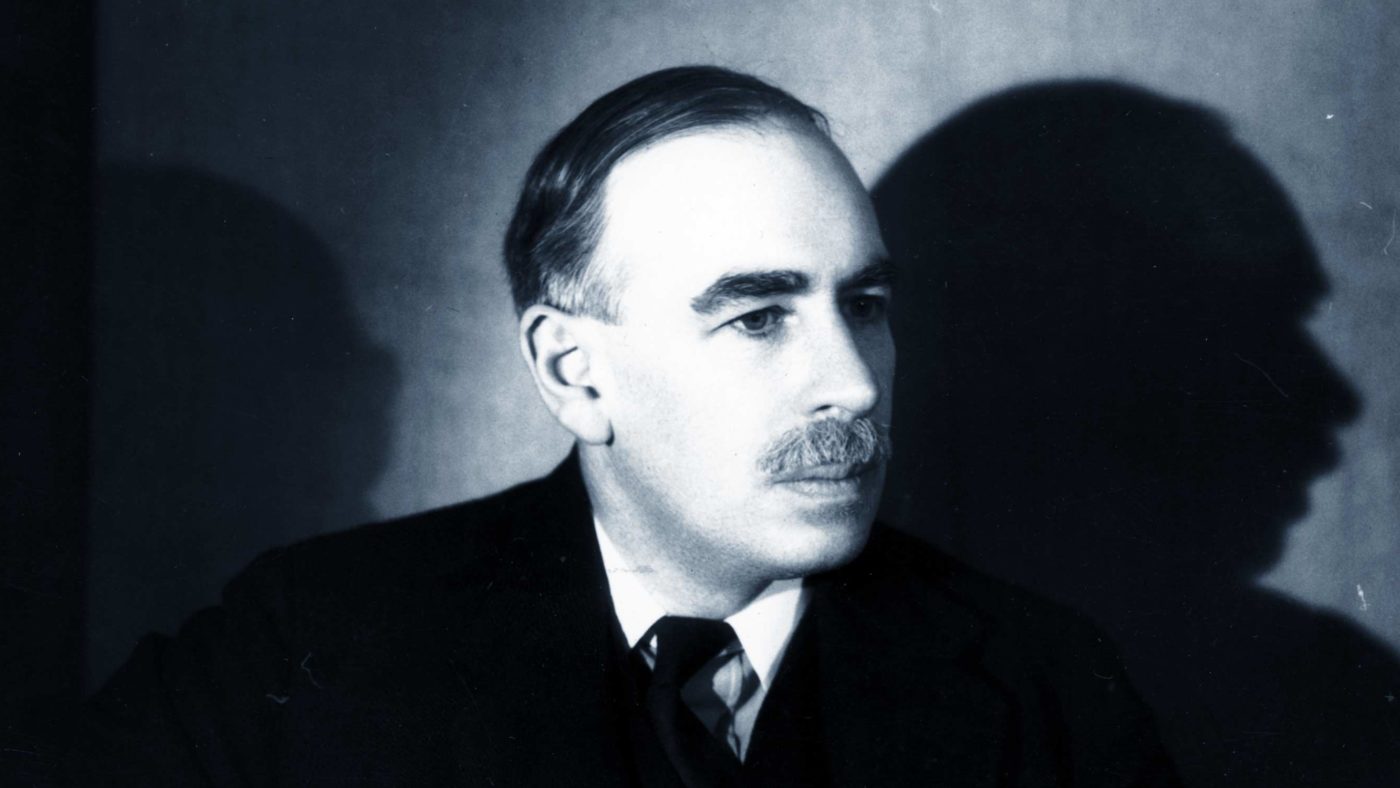A fair number of us have our disagreements with Keynesian economics on purely economic grounds. But, if current events are anything to go by, the political case against it is so much stronger.
As the British government reins in the deficit from its recession-induced explosion, Philip Hammond faces calls to make use of the “room” for spending that it has created – the exact opposite of what Keynes would have advised the Chancellor to do.
According to the TaxPayers’ Alliance, taxation is the highest portion of GDP it’s been since those halcyon days of plenty back in 1969-1970. We might even think, given the conjunction of the two, that this might be the time – if there is that fiscal room – to be reducing that tax burden but that’s just not the way it works. Which is why Keynesianism just doesn’t work.
Let’s put the doubts to one side and, for the sake of argument, assume that spending more in a recession is a good idea. Even just a bigger deficit, however achieved, works wonders on ameliorating the business cycle. It would work even if we cut taxes and kept spending constant. Keynes himself argued for counter-cyclical cuts to national insurance payments. Keynes himself then went on to point out that when we return to more normal times, government stimulus to the economy should come to an end.
In fact, he went further, arguing that the government should run a surplus in good times. Why? No, not to “pay back the debt” but to leave the necessary room to expand the deficit again in the next recession, and to take some of the froth off the top of the boom.
Unfortunately, as we can see in Britain today, politics doesn’t fit the economic theory. Here we are, just recovering from our largest peacetime deficit and no one at all is thinking of a budget surplus.
Even the merest hint of the deficit returning to reasonable levels is taken as a signal for more spending. Tax to GDP portion isn’t under attack; it’s a lot more fun for politicians to consider what to spend the cash on than it is to restrain themselves by not taking it in the first place. All of this before we even consider that necessary reversal of QE and selling another £400 billion and change of debt into the markets.
This is not something specific to the current moment in British politics. The last Labour government oversaw a big expansion in spending that coincided with the longest peacetime boom to date and was told it needed to spend even more.
Hardly anyone was suggesting we follow Keynes’s advice and run a surplus.
There’s also the small matter of the underlying premise of influencing aggregate demand through deficits in dire times (accepted so far for the sake of argument). The specific mechanism always proffered, of more spending, doesn’t actually work. Infrastructure, for example, takes a decade to get going today. There’s no point in trying to beat the business cycle with such a timescale. A reduction of tax to achieve the same economy-boosting deficit avoids this problem.
But while that economics might pass muster, the politics simply doesn’t. For we never do get that logically required surplus to match the deficit.
Britain today has the highest employment to population ratio in a generation, the lowest unemployment rate in nearly half a century and a tax burden that is at a decades-long high. Yet people are still talking about increasing spending.
If politics makes the symmetry of the Keynesian ideal very hard to achieve, then the idea is only of limited use. All we’re left with is a ratchet which argues for more government in the bad times and refuses to accept even a slowing down of the increase, let alone a fall, when the sun is shining.
Politicians will always find it much too much fun to spend money. And it is upon that rock of political incentives that the Keynesian ship of state founders.


